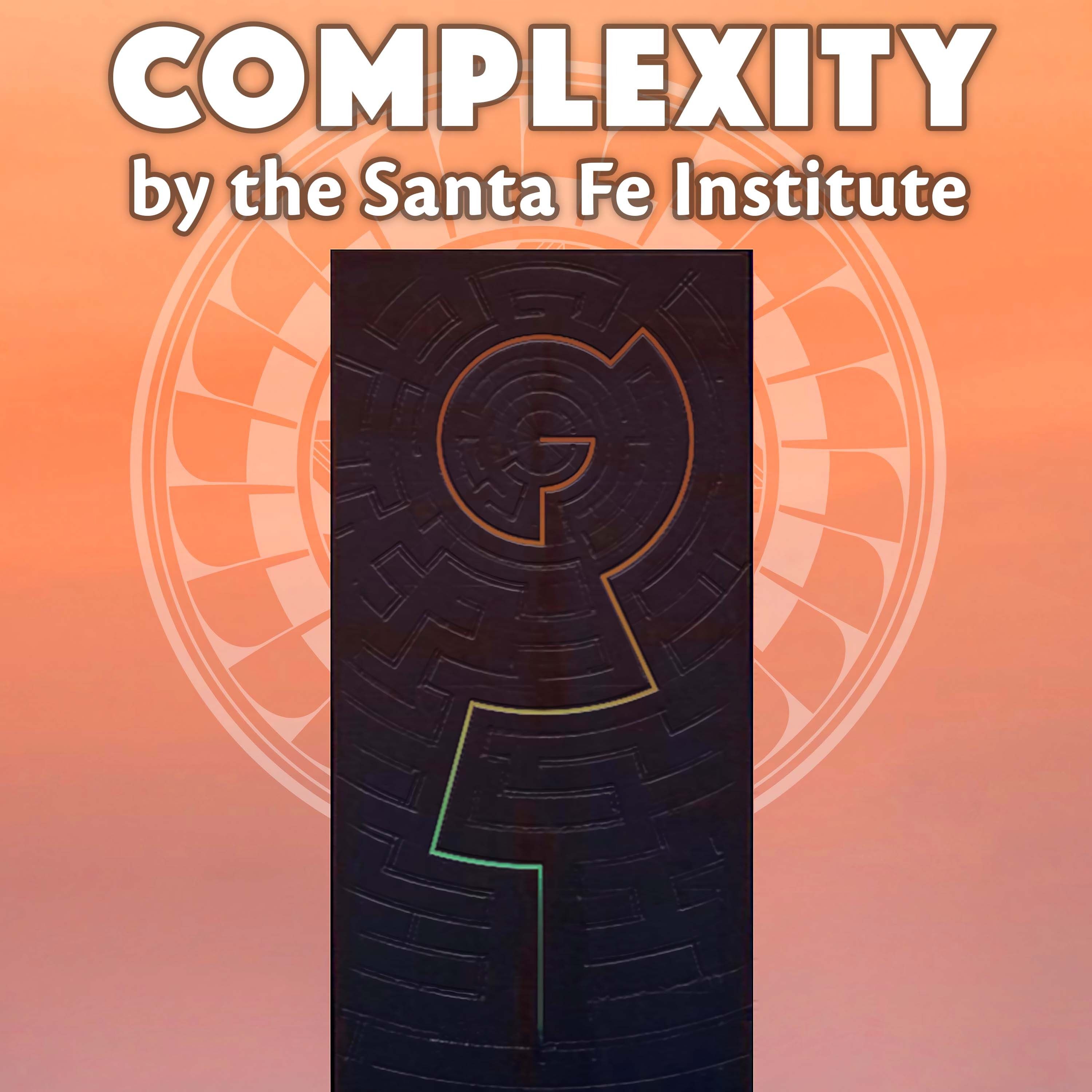- After-Shows
- Alternative
- Animals
- Animation
- Arts
- Astronomy
- Automotive
- Aviation
- Baseball
- Basketball
- Beauty
- Books
- Buddhism
- Business
- Careers
- Chemistry
- Christianity
- Climate
- Comedy
- Commentary
- Courses
- Crafts
- Cricket
- Cryptocurrency
- Culture
- Daily
- Design
- Documentary
- Drama
- Earth
- Education
- Entertainment
- Entrepreneurship
- Family
- Fantasy
- Fashion
- Fiction
- Film
- Fitness
- Food
- Football
- Games
- Garden
- Golf
- Government
- Health
- Hinduism
- History
- Hobbies
- Hockey
- Home
- How-To
- Improv
- Interviews
- Investing
- Islam
- Journals
- Judaism
- Kids
- Language
- Learning
- Leisure
- Life
- Management
- Manga
- Marketing
- Mathematics
- Medicine
- Mental
- Music
- Natural
- Nature
- News
- Non-Profit
- Nutrition
- Parenting
- Performing
- Personal
- Pets
- Philosophy
- Physics
- Places
- Politics
- Relationships
- Religion
- Reviews
- Role-Playing
- Rugby
- Running
- Science
- Self-Improvement
- Sexuality
- Soccer
- Social
- Society
- Spirituality
- Sports
- Stand-Up
- Stories
- Swimming
- TV
- Tabletop
- Technology
- Tennis
- Travel
- True Crime
- Episode-Games
- Visual
- Volleyball
- Weather
- Wilderness
- Wrestling
- Other
John Krakauer Part 1: Taking Multiple Perspectives on The Brain
The brain is arguably one of the most complex objects known to science. How best to understand it? That is a trick question: brains are organized at many levels and attempts to grasp them all through one approach — be it micro, macro, anatomical, behavioral — are destined to leave out crucial insights. What more, thinking “vertically” across scales, one might miss important angles from another discipline along the “horizontal” axis. For inquiries too big to sit within one field of knowledge, maybe it is time we resurrected the salon: a mode of scientific exploration that levels hierarchies of expertise and optimizes for more complementary and high-dimensional, egalitarian, communal discourse. As with the Jainist philosophic principle anekantavada — how many blind people does it take to grok an elephant? — neuroscience is perhaps best practiced as innately and intensely multiperspectival…Welcome to COMPLEXITY, the official podcast of the Santa Fe Institute. I’m your host, Michael Garfield, and every other week we’ll bring you with us for far-ranging conversations with our worldwide network of rigorous researchers developing new frameworks to explain the deepest mysteries of the universe.This week is part one of a two-part conversation with SFI External Professor John Krakauer, Professor of Neurology and Director of the Center for the Study of Motor Learning and Brain Repair at Johns Hopkins . In this episode, we talk about the history of different ways of studying the brain — in animals and humans — and how subjects as complex as brains invite a different way of seeing, one that synthesizes many different ways of seeing…Thanks for your patience with the recent delays in publication — with InterPlanetary Festival and our Annual Symposium behind us, Complexity will now return to regular biweekly scheduling.Be sure to check out our extensive show notes with links to all our references at complexity.simplecast.com, and stay tuned for part two — in which we talk about how learning is inherently a future-focused exercise, and what that means for education. If you value our research and communication efforts, please subscribe, rate and review us at Apple Podcasts or Spotify, and consider making a donation — or finding other ways to engage with us, including an open postdoctoral fellowship in Belief Dynamics — at santafe.edu/engage.Thank you for listening!Join our Facebook discussion group to meet like minds and talk about each episode.Podcast theme music by Mitch Mignano.Follow us on social media:<br />Twitter • YouTube • Facebook • Instagram • LinkedInReferenced in this episode:Neuroscience Needs Behavior: Correcting a Reductionist Bias<br />John

